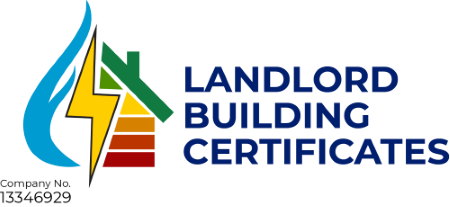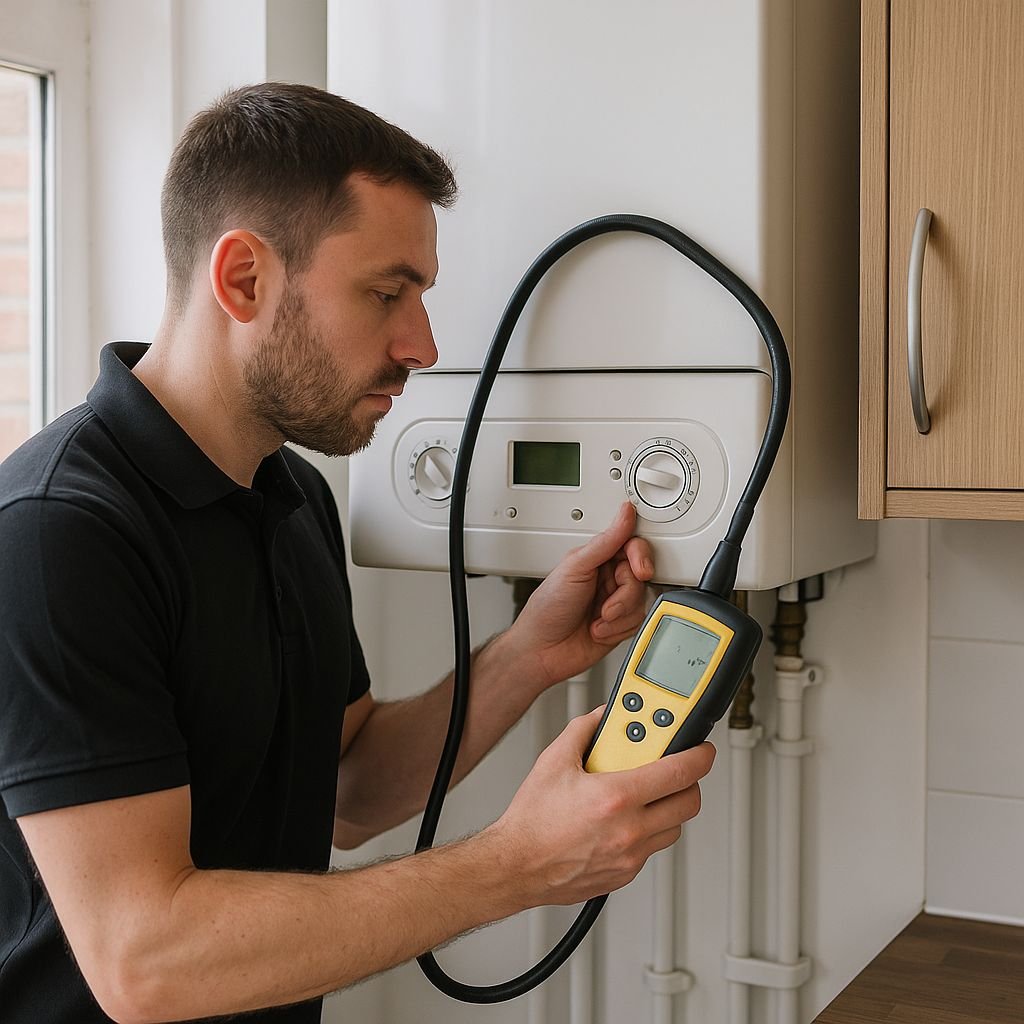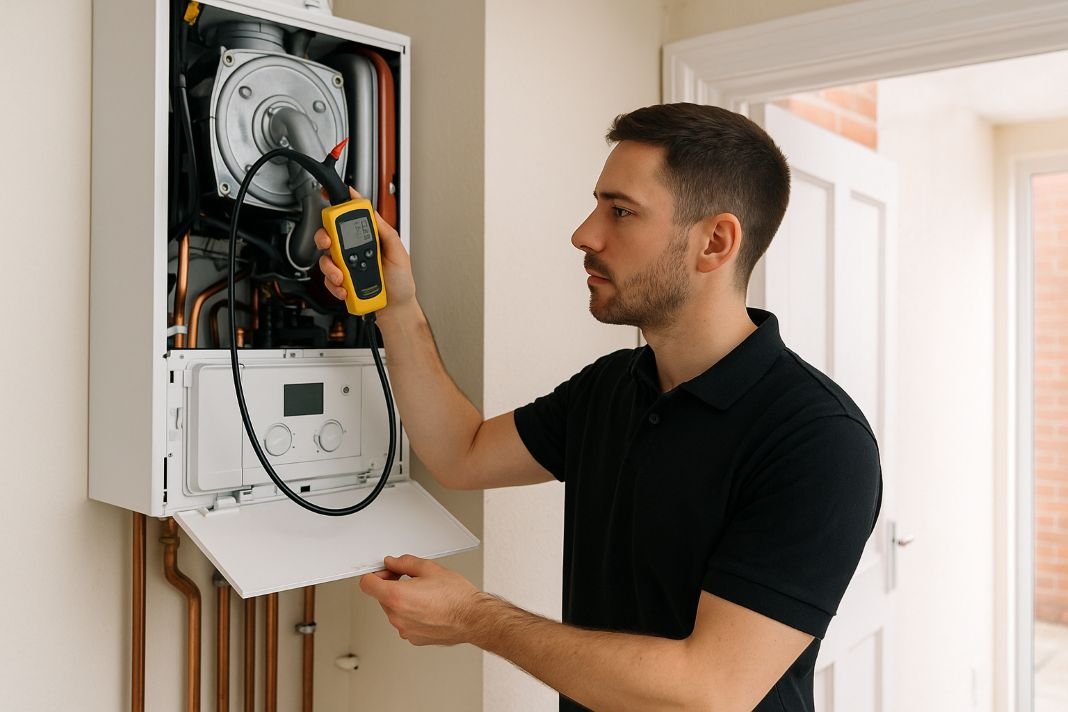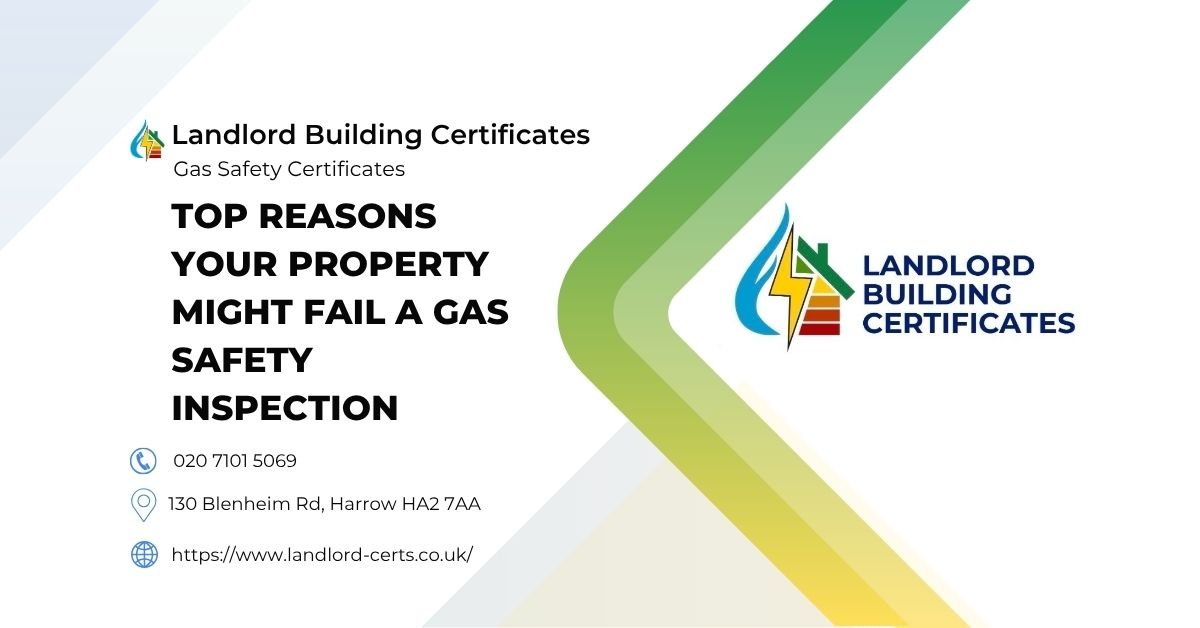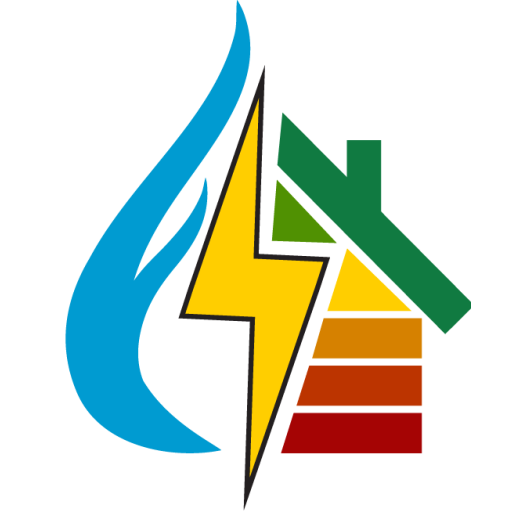Why do properties in London often fail gas safety inspections?
Many landlords across London experience gas safety inspection failures that could have been avoided. These issues often involve expired CP12 gas certificates, unsafe gas appliances, poor ventilation, or incomplete compliance documentation. A failed inspection can bring legal consequences such as Section 21 eviction blocks, financial penalties from the Health and Safety Executive (HSE), and insurance claim rejections. Staying informed about the risks helps keep your property compliant and your tenants safe.
Here's What We Have Covered In This Article
What happens when landlords skip gas safety checks?
Shelter and British Gas once reported that one in ten landlords had not carried out a legal gas safety check in over a year. These missed inspections can lead to serious risks including carbon monoxide leaks, heating failures and gas explosions. In one case, a tenant and her daughter lived in a privately rented property for nearly a decade without ever seeing a CP12 certificate. The result? They experienced multiple gas leaks, spent weeks without heating or hot water, and were left feeling unsafe in their own home.
Stories like these are not from decades ago. This type of landlord neglect still happens in parts of NW, West and SW London. Often, landlords aren’t even aware of their legal duty. But when gas inspections are skipped, it’s the tenants who suffer and it’s the landlords who end up fined or even prosecuted. Failing to act on gas safety puts lives at risk, particularly in households with children.
Regular checks by a Gas Safe registered engineer prevent this. They help catch faults in boilers, detect carbon monoxide risks and ensure a valid CP12 certificate is in place. Simple actions protect people from long-term harm and help avoid the kind of cases that make headlines for all the wrong reasons.
What does the law require from landlords during gas safety checks?
UK law states that landlords must arrange annual gas safety checks by a Gas Safe registered engineer. This includes testing all gas appliances, flues and associated pipework. A valid Gas Safety Record, known as a CP12 certificate, must be provided to the tenant within 28 days of the inspection.
Letting a property without valid certification can lead to legal enforcement by the HSE and invalidates a landlord’s right to serve a Section 21 notice under the Housing Act 1988. London boroughs, particularly in areas like Camden and Ealing, are stepping up enforcement of CP12 compliance.
Key compliance requirements
-
Annual CP12 inspection and certificate
-
Engineer listed on the Gas Safe Register
-
Certificate stored and accessible in tenancy records
-
Valid CP12 needed for legal eviction notice
Missed or expired gas certificates
The CP12 certificate is only valid for 12 months, and renewals can be scheduled up to two months before expiry without affecting the renewal date. However, many landlords in SW and West London still miss inspections because of poor tracking systems.
Manual record keeping or forgetting dates often leads to properties becoming non-compliant without the landlord realising. A missed gas inspection can trigger automatic inspection failure and place landlords in breach of housing regulations.
Using property management software with CP12 alerts, or working with local letting agents, helps maintain consistent compliance.
Gas certificate risks
-
Expired CP12 certificate unnoticed
-
Late inspection leads to compliance gap
-
No automatic renewal tracking in place
Unsafe gas appliances
Gas appliances may seem functional but still fail during inspections due to technical issues. Boilers with faulty ignition, cookers showing yellow flames and flue pipes with carbon build-up all indicate poor combustion or ventilation.
Older boilers in West London often suffer from deteriorated heat exchangers or blocked burners. Engineers doing gas appliance servicing inspect and check combustion readings, ventilation flow, and burner flame stability to ensure each appliance passes.
Appliance safety is one of the main reasons a property might fail a gas check, especially if servicing has been irregular.
Common appliance faults
-
Pilot light fault or ignition failure
-
Incomplete combustion from burner blockages
-
Appliance deterioration affecting safe operation
Are blocked vents or flues a cause of failed inspections?
Yes. Blocked flue pipes, sealed air vents or faulty ventilation systems are often found during gas safety checks. Poor ventilation can cause carbon monoxide to build up, making the property unsafe.
Across NW and SW London, vent blockages are common in converted flats and older homes where layout modifications limit airflow. Engineers will check ventilation alignment with gas appliance output and assess airflow using a flue gas analyser.
Preventative maintenance and regular checks for bird nests or sealed air bricks can prevent these failures.
Ventilation and flue issues
-
Flue duct obstruction
-
Covered or blocked vents
-
Carbon monoxide accumulation from poor airflow
Tenant tampering and neglect
Tenant actions can result in safety failures. Disabled CO alarms, blocked ventilation and unauthorised gas appliance installations are frequently cited in failed inspections. In many cases, landlords are unaware of these issues until the annual check.
One Fulham-based landlord found their tenant had covered the boiler room vent to reduce draughts. During the inspection, the engineer found unsafe carbon monoxide readings and the appliance was condemned.
Tenants should be reminded of their responsibilities as outlined in the tenancy agreement. Clear communication helps avoid tampering and supports a safer property.
Tenant-related inspection failures
-
Alarm disabled or disconnected
-
Appliance changed without permission
-
Obstructed ventilation by tenant
Pro Tip: Use a digital compliance tracker or app to get CP12 renewal alerts well before the deadline.
Book Your CP12 Inspection Today
Avoid legal headaches and keep your tenants safe. Our certified engineers handle CP12 checks across NW, W, and SW London.
What happens if the gas work is illegal or not certified?
Illegal gas installations or uncertified work are immediate grounds for inspection failure. Gas work must be carried out by a Gas Safe registered engineer and recorded properly.
In some parts of NW London, fraud cases have been reported involving fake CP12 documents. Always verify the engineer’s ID on the Gas Safe Register and match it with the certificate provided.
Letting agents increasingly refuse listings if certification cannot be validated. DIY work or non-standard installations also void insurance coverage.
Red flags to avoid
-
No Gas Safe ID available
-
Certificate details incorrect or unverifiable
-
Unauthorised or DIY pipework
How do gas pressure and flow problems affect inspections?
Low pressure or poor gas flow affects appliance performance and can lead to incomplete combustion. Engineers use pressure gauges and flow meters to assess supply consistency.
In multi-flat buildings across SW London, pressure issues often arise due to shared supply lines or old regulators. These issues affect cookers, boilers and fires simultaneously.
Appliances need stable pressure to operate efficiently and safely. If combustion irregularities or back pressure are detected, the appliance will fail.
Pressure-related failure causes
-
Gas starvation from shared line
-
Fluctuating burner flame due to unstable flow
-
Faulty pressure regulator or meter
Letting a Property? Stay Legally Compliant
We help landlords stay up to date with annual checks, tenant safety and eviction protection rules.
Admin and documentation mistakes
Paperwork errors such as an incorrectly filled CP12 form or mismatched engineer ID can result in non-compliance. The inspection may technically pass, but lack of accurate documentation causes the property to fail.
Letting agencies across NW London often request verification of CP12 validity before listing a property. Landlords should store certificates in a tenancy file with dates clearly tracked.
Common admin errors
-
Missing CP12 from property records
-
Engineer name not on Gas Safe Register
-
Inaccurate or outdated documentation
What are the consequences of failing a gas safety inspection?
Failing an inspection has immediate implications. The landlord cannot let the property until all issues are resolved and rechecked by a qualified engineer. During this period, rent may be lost, insurance claims denied and Section 21 notices suspended.
Councils such as those in Richmond and Brent have issued penalties to landlords letting unsafe homes. Tenants who report unsafe conditions can trigger HSE involvement.
Agents and platforms may delist your property until valid documentation is provided.
Outcomes of failed inspections
-
Loss of rental income due to enforcement delays
-
Insurance claim denial from expired CP12
-
Legal action from tenants or local authority
For more guidance, review the Gas Safe Register, the HSE landlord gas safety page or speak with your letting agent in London for inspection scheduling support and document review.
